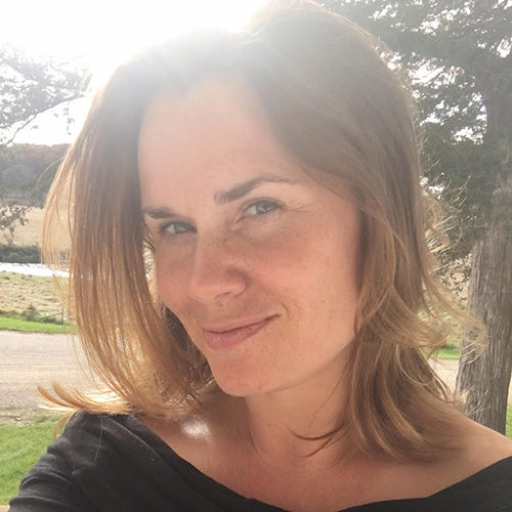Mainstream consumers can be a fickle bunch can’t they? They tell us in research that they want to be more green, that they WILL purchase more eco-friendly products in the next year ahead than the one prior. But there’s that eternal gap between reported and actual behaviours; what gets entered in an online survey is often different than what happens in the shop aisle. Finding a way to bridge that gap is one of sustainability and marketing’s ‘holy grails’ we are all seeking an answer to.
The Forest Stewardship Council (FSC) is a global non-profit with a mission to ensure the health of the world’s forests for future generations. On November 18th, FSC will be publishing summary results from a new Global Mainstream Consumer Research study. In this research over 9,000 mainstream consumers were polled in 10+ markets and were asked questions about their beliefs and values around all things ‘green’ — in our questions and methodology we aimed to gather data that differentiates. We’re using Sustainable Brands as our launch platform since SB offers an incredible audience of insightful and innovative thinkers who are working to help solve the broadest sustainability challenges we all face together. Yes, kind reader, that would be you!
The research has given us some important insights that we’d like to share. Overall, our intent has been to see if there are different and potentially disruptive ways to approach consumers, defining perhaps new paths to reach and engage them than the ones that have been travelled already. For example, we’ll be measuring trust in for-profit brands and correspondingly in ENGOs/non-profit organisations. Who garners more trust in the eyes of the mainstream consumer? You may be surprised what you learn; we’ll be sharing some pretty disruptive data.
We want to begin a dialogue around this virtuous circle. What are you doing to engage consumers in new and different ways? Are you challenging any of the traditional segmentations and green data norms in your marketing efforts? Are you bridging beyond the ‘reported/actual’ behaviors gap?
Let’s start the conversation ahead of SB — we would love to hear from you.
Get the latest insights, trends, and innovations to help position yourself at the forefront of sustainable business leadership—delivered straight to your inbox.

Etienne is a marketing strategist, writer and sustainability storyteller. At SB, Etienne is the Founder and CEO of Let’s Create Possible.
Etienne runs a consulting business “Let’s Create Possible’ working at the nexus of sustainability and marketing to help make the impossible, possible, for a diverse array of B2B and B2C brands in the US and Europe. Earlier in her career, Etienne was Chief Marketing Officer at the Forest Stewardship Council, where she led the research, strategic and creative development of the global ‘Forests for all Forever’ rebranding. Before this Etienne held positions as VP Marketing for two US specialty retailers.
With more than 20 years of global brand management and marketing experience, Etienne has extensive knowledge in building both mainstream consumer brands and eco labels. Etienne began her career with over a decade in advertising (at agencies such as Fallon and Leo Burnett) leading award-winning, business-building marketing for a variety of global brands including Citibank, Nintendo, and Procter & Gamble.
Etienne is a native of London, England but now resides with her family in the US, working in her ‘spare’ time to restore and regenerate what was once a conventional farm, with her flock of free-range, grass fed, heritage breed sheep.
Published Oct 29, 2013 7pm EDT / 4pm PDT / 11pm GMT / 12am CET